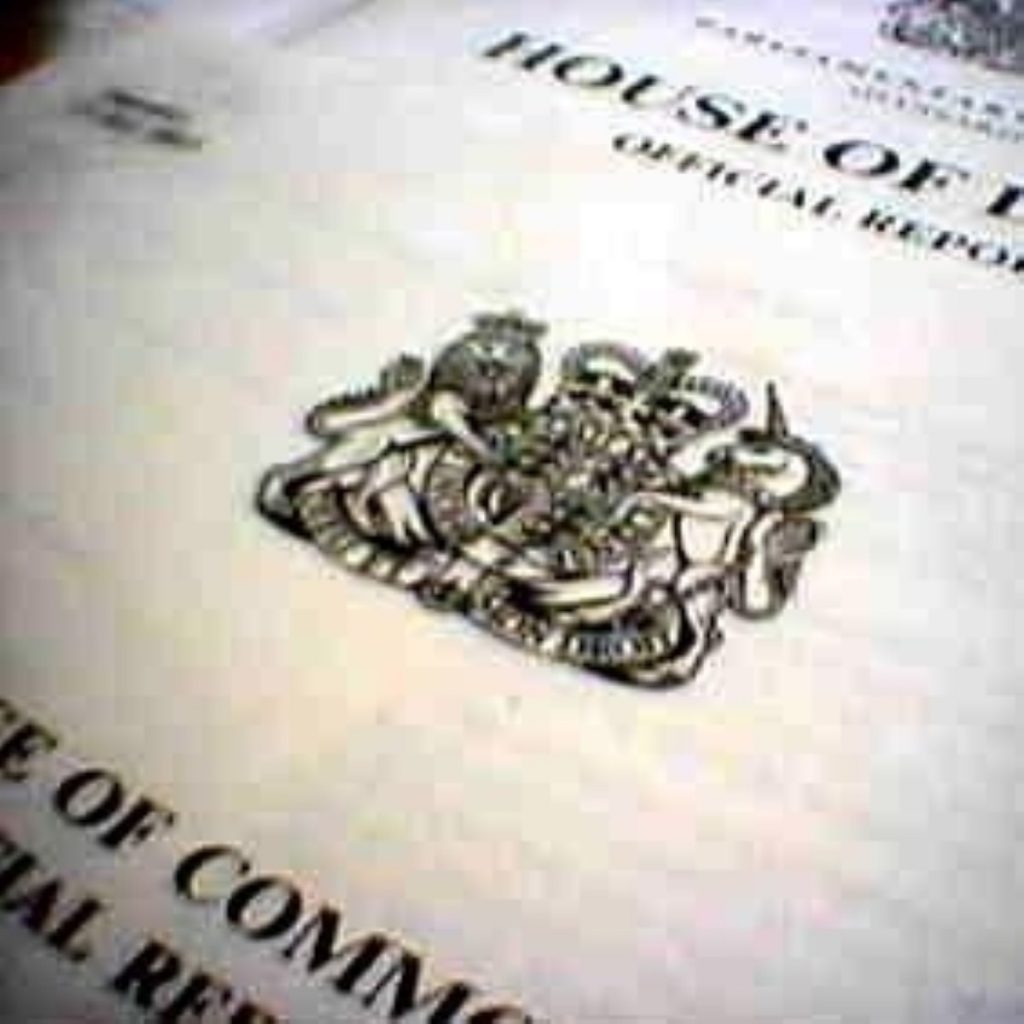MPs vote for allowance rise
MPs last night voted against the advice of their own pay body and for a rise in the level of expenses they can claim.
The Senior Salaries Review Body (SSRB) had recommended that the staffing allowance should be capped at £72,000 for all MPs outside London, rising to £80,460 for London MPs.
However, MPs voted by 239 to 109 instead to raise the allowance to £80,460 for all MPs.
The vote came despite opposition from the Leader of the House, Peter Hain, who warned that it would cost up to £3 million extra.


MPs argued that the allowance for all was necessary to enable all MPs to maintain staff within London, particularly at Westminster. Introducing the amendment, Richard Page asserted that “members have widely different responsibilities and constituents’ needs and the allowance should give maximum flexibility in office arrangements”.
Cross-party MPs insisted the amendment would ensure the system was simple and that MPs were able to pay decent wages to their staff.
There was also disquiet at the idea that they were being pushed to base their staff in the constituencies, rather than in London. A number of outer London MPs, for example Tony McWalter the Labour MP for Hemel Hempstead, argued that the Government’s proposals would have led to them having to sack staff. Mr McWalter claimed that: “For many of us who are outer London MPs, having both a constituency office and staff in the House of Commons and huge immigration-asylum casework, the proposals in this report will mean I will actually have to sack one of my members of staff or close down my constituency office.”
MPs did back a number of cuts in other matters, agreeing to reduce their generous motoring allowances of 47.7p for the first 20,000 miles and 26.6p thereafter to the Inland Revenue rates of 40p for the first 10,000 miles and 25p thereafter.
A number of MPs, however, spoke against the proposal, arguing that the new figures took no account of the cost of running a car and that it was actually cheaper than if they used trains. An amendment to keep the rates the same was rejected 193 votes to 118.
MPs also saw their IT allowance increased.











